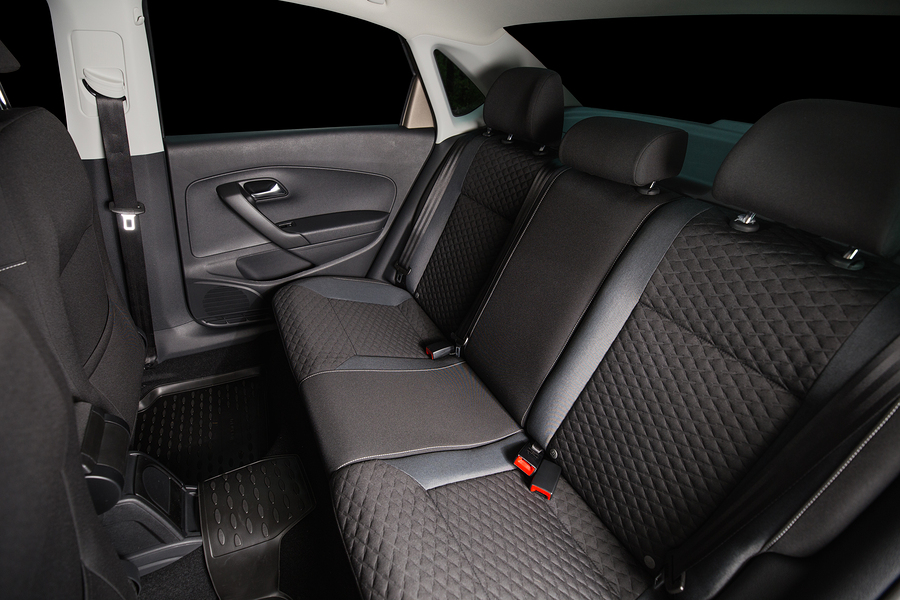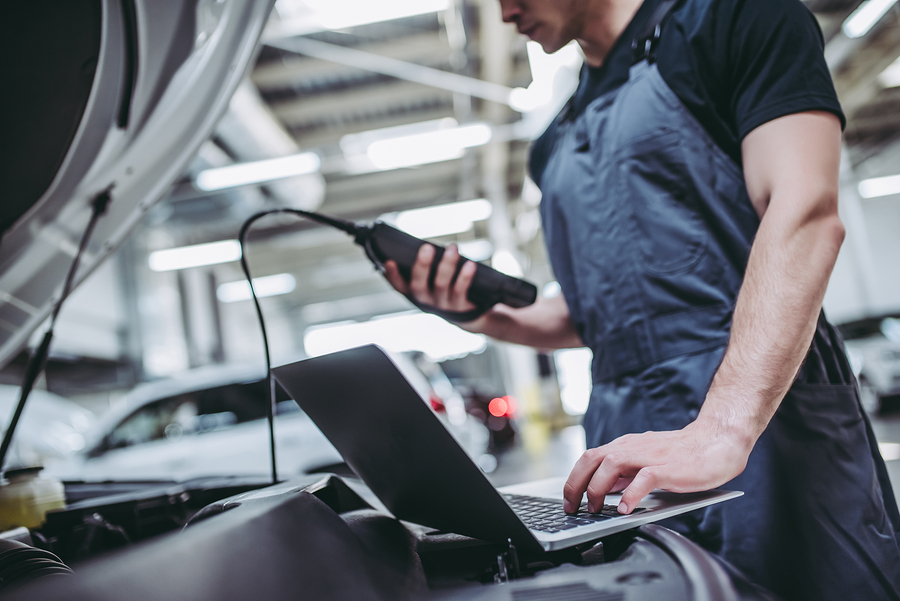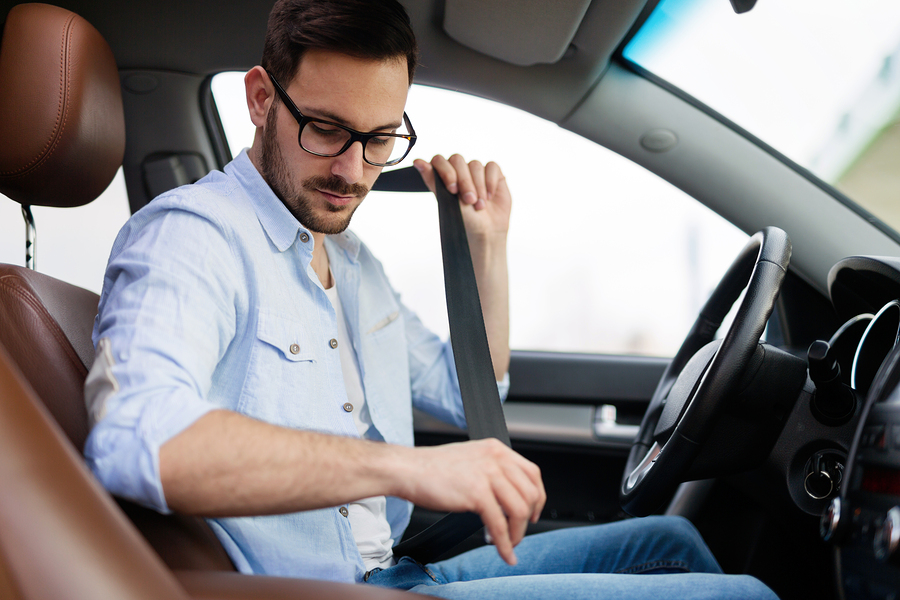There are many good reasons why you might downsize your car. Maybe your children are all grown up and off to college, so you no longer need a big car. Or maybe you’re looking to cut down expenses and having a smaller car will help you save money on fuel.
Whatever the reason for downsizing, here are the top factors that people keep in mind when buying their next car:
- It should be much cheaper than their previous one.
- It should use less fuel/give better mileage.
- Should be easy to drive and park within city limits where traffic can be a nightmare and finding parking spots can be even worse.
- It should be cheaper to maintain, with replacement parts being easy to source at reasonable prices.
With traffic getting worse every year and fuel costs steadily increasing, it’s no wonder that more Australians than ever before are choosing to make the switch to a smaller vehicle. Many are even ditching owning a car altogether in favour of using public transportation to get them around.
But although a smaller car has many benefits and advantages, there are a few things that you should consider before you downsize your car.
Let’s take a closer look.
Cabin space

A smaller car will inevitably mean less space in your vehicle. For many this isn’t a problem at all, especially those who no longer have to drive their children to soccer practice or dance class.
If you tend to drive groups of people – whether friends or family – a smaller car may inhibit this.
Having a smaller car will also limit your ability to transport things like furniture or large materials, so this is something you should definitely consider before downsizing your car.
Luckily, there are cars who can provide a surprising amount of space thanks to folded seat and direct access to the boot.
A smaller car won’t just mean less space for storage but less space for the driver as well. If you are a tall or large person, it is important to consider how comfortable you will be when driving a smaller car.
Performance

A smaller car may generally use less fuel, also thanks to its lighter weight but your downsized car may in certain situations perform less well than other cars.
A smaller car will usually have a smaller engine which can mean your car has much slower acceleration and it may struggle a little going up steep inclines as well as maintain high speeds for a long time.
By struggling to maintain high speeds for a long distance, your small car may actually use more fuel than a car with a larger engine, so this is definitely something worth researching first.
Safety

By downsizing to a small or smaller car, one thing to research is the safety of the vehicle.
Although owning a small car has many benefits, downsizing your car can also affect your car’s safety.
A larger car tends to have a more protective hub as well as more space for things like side airbags etc. A luxury or high end car will also have better features and can make a significant difference to your ride quality.
A smaller car may, in some cases, be prone to more damage in the case of a car accident, at least compared to owning something like a large jeep or SUV.
Sellability

Another crucial aspect to keep in mind when buying a smaller, used vehicle is the sellability factor. When it’s time to sell your old car, will you be able to fetch a good price for it? If the car you downsize to offers good mileage but has terrible resale value or depreciates at an alarming rate, then you would do well to steer clear of it. Your goal should be to find a car that offers it all – excellent mileage, great resale value and good features.
In conclusion, downsizing your car can be a very smart decision that can save you a lot of money in the long-term, but how a small car benefits you will depend on your lifestyle, goals and what you want out of your car.
This is why it is important to do your research, so you can know for sure that your downsized car is the best option for you.

